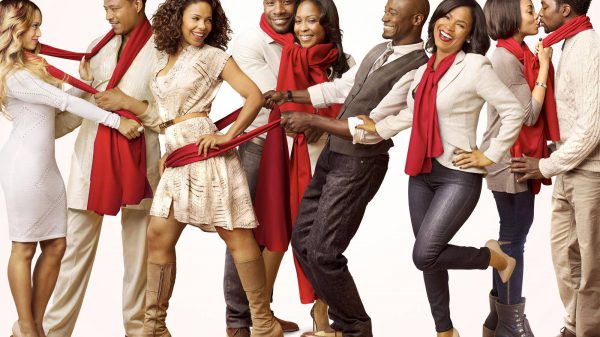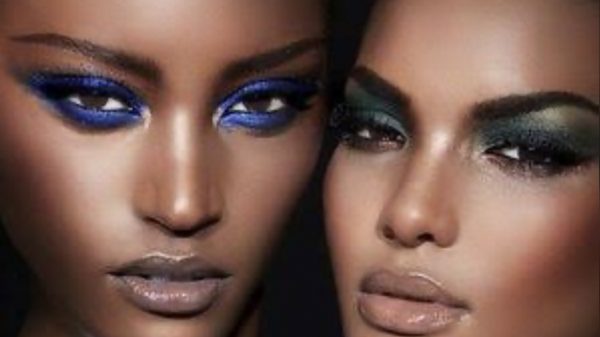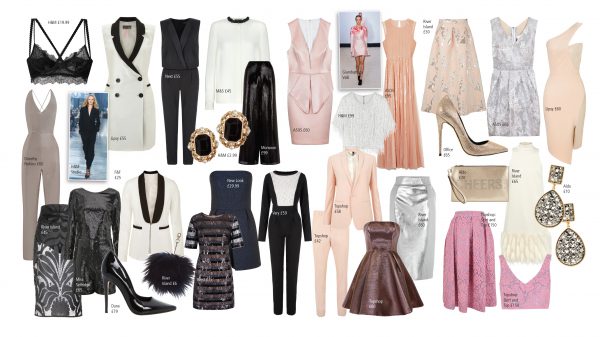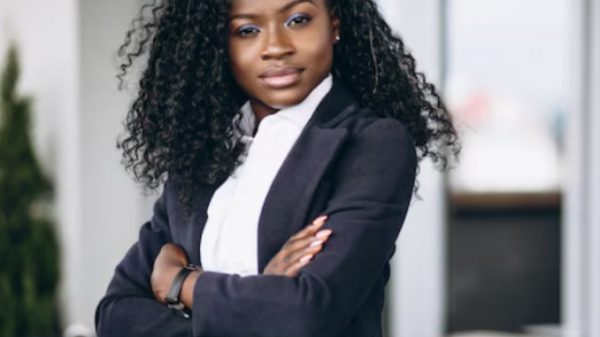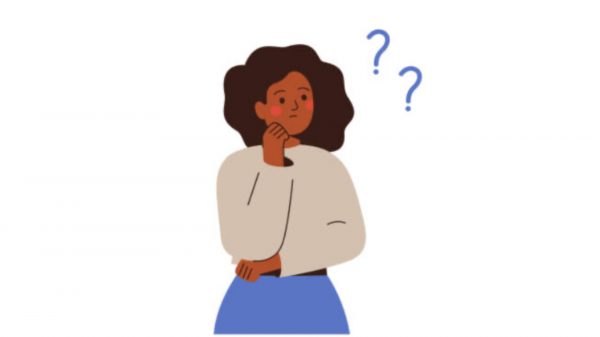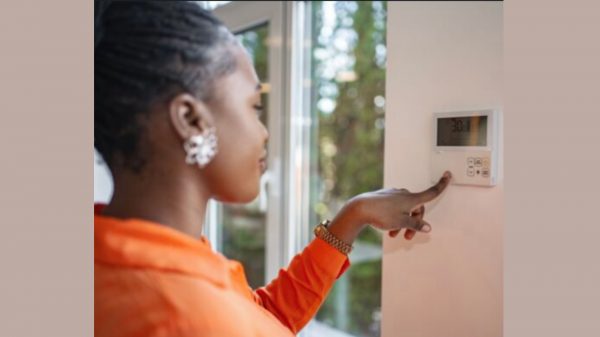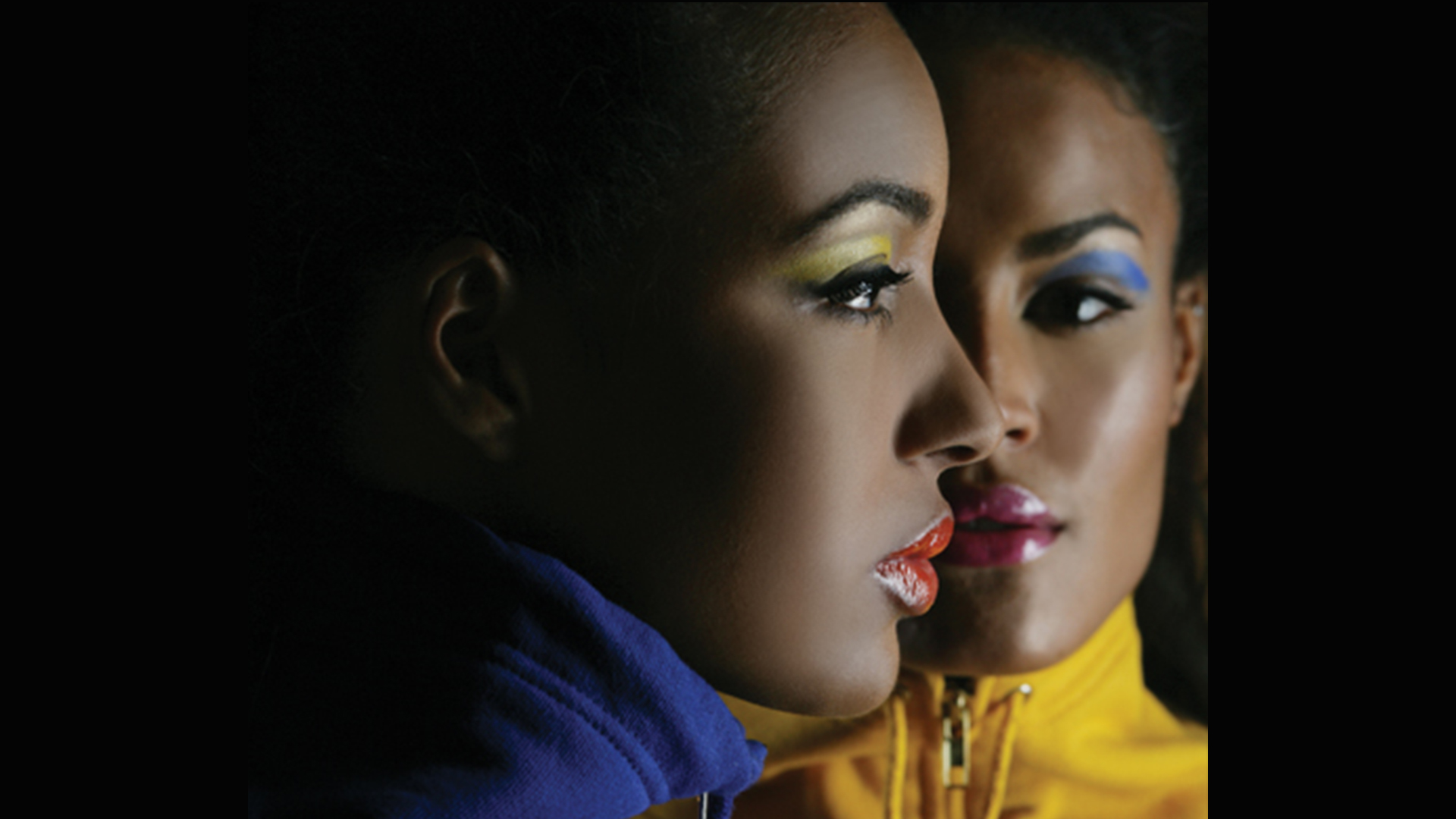Despite the fact that black women account for a good proportion of the money spent annually on cosmetics, we are still getting short shrift when it comes to finding the right shade of foundation. So why is this? Pride investigates… by Mary Bello
The foundation that I use has been discontinued and it was the deepest shade in the range. The next colour along is called ‘dark’ and would look at home on a woman whose complexion is similar to Eva Longoria’s. I was pretty affronted when this happened – I mean, I’m roughly a medium black skin-tone in the spectrum from fair through to dark- skinned. So if the buck stops before my shade, what hope is there? And if I turn back the clock a good five years and look at pictures of myself, I appear as though I have dusted talcum powder over my face. Yes, I was victim to what many other young black women have suffered: not being able to match a foundation with my undertones. Buying under duress, the girl on the make up counter assured me that the product was, “Just right.” However it turned out that it made me look ashy and washed out.
Many women I have interviewed, friends and family all have the same issue: there is a lack of suitable foundation on the British high street for black women.
Charlene White, ITN newsreader, said to me not long ago, “It was only a few years ago that major cosmetic companies started to recognise that there is more than just one shade of us! The topic around the lack of colours for black women on the market just makes me so annoyed, don’t get me started because I could talk about it all day!” It’s amazing to think that, despite the fact that the voice of black women within the UK is becoming more and more heard, a small request like; “Give us a variety of foundation colours!” Seems to have fallen on deaf ears.
The crux of the matter is, why do cosmetic companies seem to struggle with appeasing black women with a stellar colour selection – and further to the point, why do our American counterparts seem to have less of an issue when it comes to selecting the right foundation? It becomes very apparent when you cross the Atlantic that choices are a-plenty. Visit any shopping mall, department store or chemist over there and you are assaulted with an array of foundations for women of all colours that will make your head spin. This is the case for all types of brands, from low-end to average-priced and luxury brands – they’ve got it covered.
Touché Éclat by YSL only came out with it’s full range of concealer colours last year in Blighty, yet I spotted them on a trip to Miami in 2007! So what’s with the hold up? Why do we lag behind the States? Delita Pintos, a Fashion Fair make up artist suggests there is a deep-seated reason for this: “After the civil rights movement in the US, there was a directive towards affirmative action – companies had to represent the minorities. This encouraged cosmetic companies to make products for woman of colour.” The fact that black Britons haven’t had to wage as big an anti-prejudice war as African Americans offers up an explanation. But wait a moment – black people have been in the UK for over 100 years – the majority of our parents or grandparents arrived in the ‘50s or ‘60s from the Caribbean and Africa. That is ample time for a change to occur, surely? Sadly, money talks in the make up world and as we form 2% of the population (according to the last census), we may be the forgotten skin tone because we’re just not cost-effective. Lara Odusanya, the Marketing and Communications Coordinator for Becca states; “I believe there are less brands catering to the full range of colours we have in our skin in the UK because the ethnic minority population is not large enough over here for some companies to see it as lucrative.”
The concept that black women can be seen in this way is enough to make your blood boil and could potentially lend to a feeling that we are ‘second class’ or not ‘important’ enough. It just isn’t good enough that major cosmetic houses such as Bourjois, Christian Dior, Elizabeth Arden or Lancomé do not create enough colours for black women (and Lancomé even uses a black model in their campaign!) The issue isn’t one of money. If the products exist we’ll buy them. You only have to turn to Bobbi Brown, Black Up, MAC, Fashion Fair or Becca for this to be apparent. All of these brands are luxury yet they cater for black women – and we are more than happy to put our hands in our pockets and spend.
There is some hope on the horizon: Lara does point out that as times have changed, the UK has begun to embrace the make up needs of sisters. Unfortunately, it isn’t happening fast enough. Something tells me that we might be waiting a long while ‘til we can breeze into Boots pick up the appropriate foundation and breeze out within five minutes flat.










